The Beginning of Philosophy Study Guide Pt. 1
Last month we kicked off our book club with this video intro to Dr. Owen Anderson’s The Beginning of Philosophy. In this post we’ll dive deeper into the Preface and Chapter 1 with a study guide. Given that this is a shorter book, the second study guide will cover Chapters 2 & 3.
As the headmaster of a classical Christian school, I’m going to structure the study guide around the grammar stage (basic facts, language, and recitation), the logic stage (arguments and why) and the rhetoric stage (synthesis). I will present the grammar stage as a catechism, the logic stage through arguments/questions, and the rhetoric stage through asking you to make connections to other domains of knowledge. Part of the purpose of my book club is the illustrate what classical education at Emmanuel looks like, and so I want to structure our engagement that way. Please note, while I have attempted to represent Anderson’s text as clearly as possible, any deficiency in this study guide should be assumed to be my fault.
Grammar Stage
Q. - What is philosophy?
A. - Philosophy is the love of wisdom.
Q. - What is the beginning of wisdom?
A. - The beginning of wisdom is the fear of the Lord.
Q. - What does it mean to fear the Lord?
A. - To stand in awe of God’s divine nature and eternal power, to build all our knowledge on God’s revelation of Himself, and to know the consequences for unbelief.
Q. - Why ought we to know and fear God?
A. - Because God’s revelation of Himself is clear, leaving us without excuse.
Q. - How does God reveal Himself?
A. - Through nature generally and Scripture specially.
Q. - Who does God reveal Himself to through nature?
A. - All people, in all times, in all places.
Q. - Does general revelation tell us about salvation?
A. - General revelation tells us of our sin and need for salvation; but the Gospel is revealed in Scripture alone.
Q. - In what does knowledge consist?
A. - In believing a proposition that can be shown to be true.
Q. - How should we then live?
A. - If we truly know something, we will do it; acting by the most appropriate means possible to effect a given end.
Q. - Is this wisdom?
A. - Yes, in this does wisdom consist.
Q. - Why then is there sin?
A. - Because of unbelief and pride.
Logic Stage
1. Using the arguments in Anderson’s text, develop a syllogism for why unbelief is without excuse.
2. Develop a chart showing how “knowledge,” “understanding,” and “faith” are similar or synonymous. Include a section for showing any nuances or differences as well.
3. Do you agree with Dr. Anderson’s assessment that Plato and Aristotle should have been able to show God alone is eternal? Why or why not?
4. Defend the claim “We have a moral obligation to know God.”
5. Why is repenting of root sin (such as unbelief) necessary for living a life of holiness?
Rhetoric Stage
1. If philosophy does not begin with the fear of the Lord in practice, how does that impact the understanding and expression of other disciplines (e.g. - such as economics, law, psychology, and sociology)?
2. How can we truly say none seek God (Psalm 14:2) when the world is full of false religions and poor attempts to understand God?
3. Contrast the idea that “some things are clear about God” with other proposed first principles (a “first principle” according to Aristotle is the first thing from which everything else is known).

